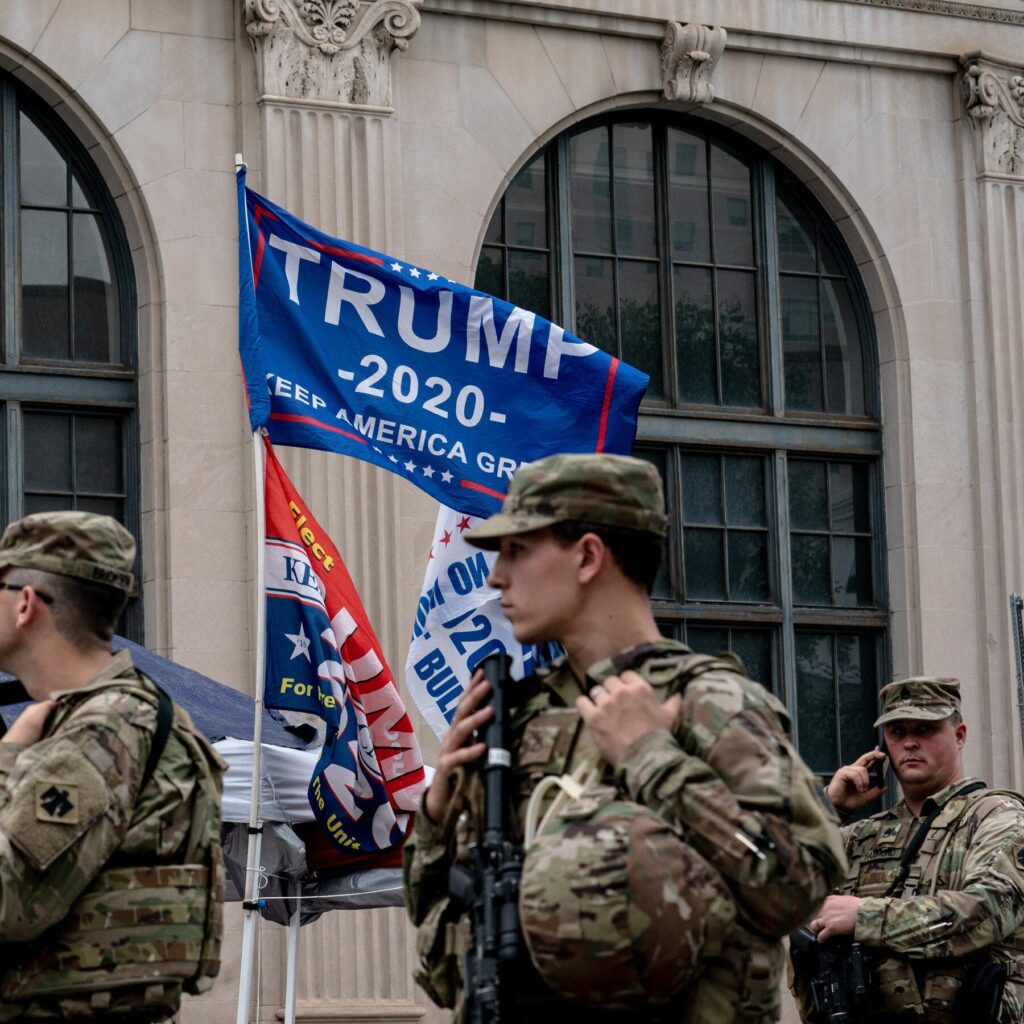As tensions rise over immigration policies, National Guard troops are facing a new concern – the possibility of being deployed for mass deportations under President Trump’s administration. The uncertain future has left many of these dedicated service members grappling with their roles in enforcing controversial policies that impact communities across the country.
Troops Concerns about Deployment
The National Guard troops are expressing concerns that President Trump may soon deploy them for mass deportations. This has sparked anxiety among the troops, as many joined the National Guard to serve their country in times of emergencies, not to be involved in controversial political agendas.
The troops worry about the impact that such deployments could have on their relationships with the communities they serve, as well as the potential legal and ethical implications of being involved in immigration enforcement. Many feel torn between their duty to follow orders and their concern for the well-being of the individuals and families who could be affected by mass deportations.
Impact on Community Relations
There is growing concern among National Guard troops that they may be used by President Trump to carry out mass deportations of immigrants. This fear has arisen due to the President’s past remarks about using the military to address immigration issues. Many troops are worried about the impact that such a deployment would have on their community relations, as they fear being seen as instruments of oppressive government policies.
The potential deployment of National Guard troops for mass deportations has sparked discussions within military circles about the ethical implications of such actions. Troops are grappling with questions about their duty to follow orders versus their responsibility to uphold the values of justice and humanity. This uncertainty is not only affecting morale within the National Guard but also straining relationships between the military and the communities they serve.
Legal Ramifications of the Order
There are concerns among National Guard troops about the potential legal ramifications of being deployed for mass deportations under President Trump’s orders. Many troops are worried about the ethical implications of participating in such actions and the impact it could have on their careers and personal lives.
Some key legal concerns include:
- The legality of using military forces for non-military purposes.
- Potential violations of immigrants’ rights and international laws.
- Possible lawsuits against individual troops for their involvement in deportation activities.
- The long-term effects on the National Guard’s reputation and relationship with immigrant communities.
Addressing National Guard Troops Concerns
Many National Guard troops are feeling anxious about the possibility of being deployed by President Trump for mass deportations. The uncertainty surrounding their potential role in immigration enforcement has sparked concerns among service members and their families.
As tensions continue to rise, it is vital for officials to address the troops’ worries and provide reassurance about their duties. Open communication and transparency about the National Guard’s responsibilities can help alleviate fears and ensure that troops understand their mission. Additionally, offering support services and resources for those struggling with the emotional toll of these circumstances is crucial in maintaining the well-being of our dedicated service members.
Concluding Remarks
As tensions rise and fears mount among National Guard troops, the uncertainty of their potential deployment for mass deportations looms large. The weight of this possibility hangs heavy in the air, casting a shadow over the dedicated servicemen and women who stand ready to protect and serve. Only time will tell what the future holds, but one thing is certain – the concerns and anxieties of those who may be tasked with enforcing divisive policies must not be ignored. It is in moments like these that the true test of leadership and empathy is revealed. Let us hope for wisdom and understanding to prevail in the face of such challenging circumstances.


